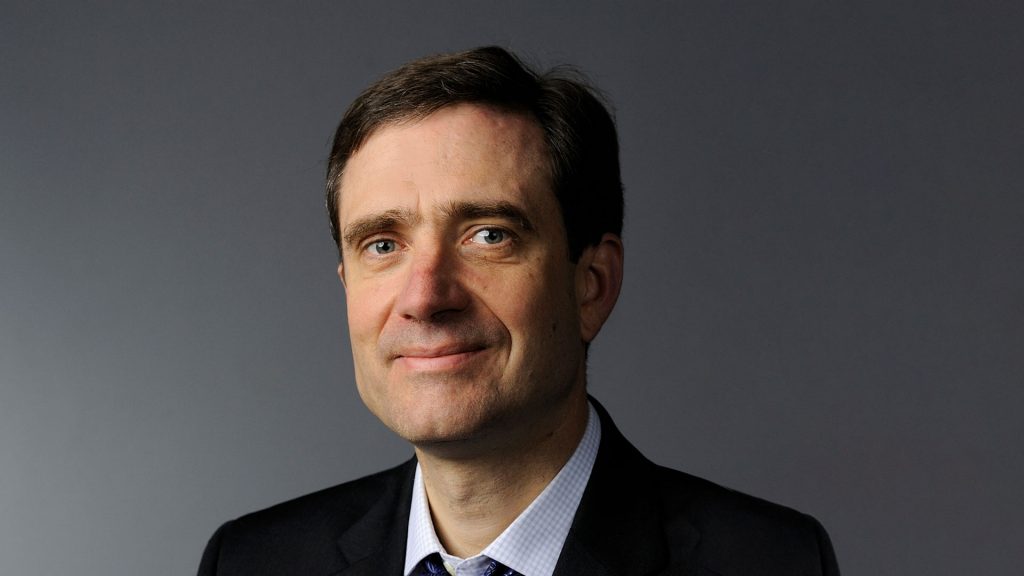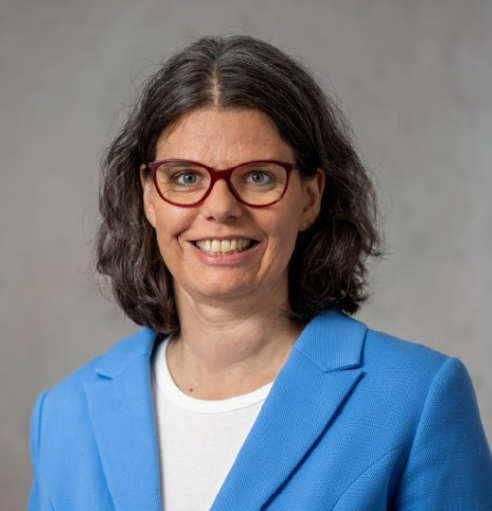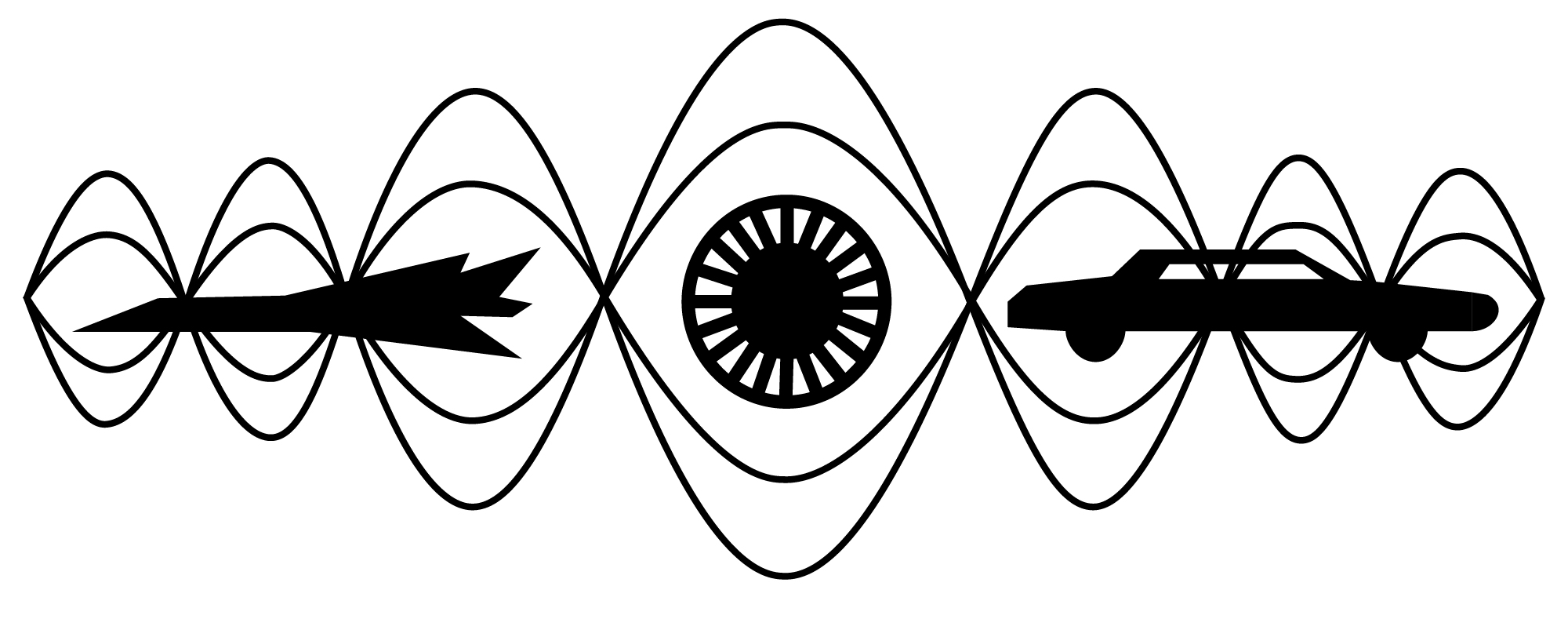- Homepage
- Scope of the congress
- Key Dates
- Congress Venue
- Distinguished Plenary Lectures
- Brochure
- Local Organising and Scientific Committees
- International Organising Committee
- International Scientific Committee
- Program at a Glance
- Scientific Programme
- Presentation Guidelines
- Abstract Submission
- Submitted Abstracts
- Paper Submission
- AI Challenge
- Industry Tour
- Registration Fees and Details
- Registration
- Accommodation (Hotels)
- Accommodation (Dormitory)
- Invitation letter and Visa
- Sponsorship & Exhibition
- Exhibitors & Sponsors
- Student Paper Award
- Terms and Conditions of Attendance
- Publication Ethics and Malpractice Statement
- Editorial policy
- Contact Us
- FAQs
- IIAV
We are pleased to announce that ICSV31 will feature six Distinguished Plenary Speakers. Further details about their lectures will be shared as they become available.
| #2 Bat Biosonar as an Inspiration for Novel Approaches to AI and Autonomy in Natural Environments |
Rolf Mueller Send an email  |
Rolf Mueller has studied bat biosonar from the perspectives of biophysics and bioinspired engineering for over 25 years. He received his degrees from the University of Tuebingen in Germany and was a postdoc at Yale University, and has held faculty positions in Germany, Denmark, China, and the USA. He currently serves as the Lynn professor of Mechanical Engineering at Virginia Tech and the university's Center for Bioinspired Science and Technology. In his international activities, he has conducted research on east and southeast Asian bats for almost 20 years. His work on bat biosonar and its engineering replications has been published in some of the most reputed journals in the relevant fields such Proceedings of the National Academy of Sciences, Physics Review Letters, Nature Machine Learning, and the Journal of Experimental Biology. He has been a Fellow of the Acoustical Society of America since 2019. |
Accomplishing useful tasks in complex natural environments poses the highest-level challenge for autonomous systems. Among numerous other difficulties, the sensing aspect of this problem continues to elude state-of-the-art autonomy solutions. The approaches used in attempts to address these challenges are overwhelmingly based on camera imaging and LIDAR which could be seen as a three-dimensional extension of the imagining approach. Similarly, the approaches to data processing and inference often rely on vision-inspired paradigms such as the recognition of deterministic shapes. However, bat species that rely on biosonar sensing to navigate dense vegetation demonstrate that the sensory information to support these demanding tasks can be obtained from one-dimensional echo trains received at the two ears in a highly parsimonious fashion. This parsimony is evident not only in the low input data rates, but also in the small sizes of the animals brains, and the small data sets that are sufficient for bats to learn their tasks. All these abilities are even more remarkable since bats - as small mammals - are not well suited as a platform for conventional sonar sensing paradigms that rely heavily on the ability to form narrow beams with large apertures. Applying a combination of biomimetic robotics and deep-learning data analysis can shed light on how bats encode and extract the sensory information that they need to navigate in dense vegetation and explain capabilities such as location identification and passageway finding. The abilities of bats indicated the feasibility of alternative AI paradigms for dealing with complex environments that are not based on concepts from vision, but can derive all necessary sensory information from statistical invariants in signals that have to be regarded as random for lack of knowledge and can hence not support template-matching based approaches. |
|
We are pleased to announce that ICSV31 will feature six Distinguished Plenary Speakers. Further details about their lectures will be shared as they become available.
| #5 Vibration Control Using Smart Materials: Lifetime Works |
Seung-Bok Choi Send an email  |
Seung-Bok Choi is currently working as a leading professor (碩座敎授) at Mechanical Engineering Department of The State University of New York, Korea (SUNY Korea) located in Incheon Global Campus, Korea, after retirement in 2021 from Inha University where he had worked for 30 years His main research fields are vibration control and control theory development associated with smart materials such as magnetorheological (MR) fluid and piezoelectric materials. So far, he has published over 800 articles based on Web of Science and also published more than 30 books/book chapters. He is still actively serving editorship of 20 international journals including Smart Materials and Structures, Journal of Intelligent Material Systems and Structures and Scientific Report. He has received many distinguished awards from ASME (America Society of Mechanical Engineers), IMehE (Institute of Mechanical Engineers, England), NAEK (The National Academy of Engineering of Korea) and KAST (Korea Academy of Science and Technology). In addition, He received Order of Science and Technology Merit in 2019. |
In this talk, unique features and benefits of several smart materials which are inherently adaptable to vibration control of flexible structures and dynamic systems are briefly introduced in terms of saliant characteristics of actuators and sensors. Then, some examples of vibration control systems such as vibration control of a semi-active suspension system in vehicle engineering and effective control strategies for smart material-based actuators are discussed, followed by recent research trends for vibration control strategies which combine passive, semi-active and active methods. It is then concluded that my lifetime devoted to vibration control study over 35 years will be summarized showing themes and scholar evaluation platforms such as Google Scholar and ScholarsGPS.Com.
|
|
We are pleased to announce that ICSV31 will feature six Distinguished Plenary Speakers. Further details about their lectures will be shared as they become available.
| #10 Paving the path for acoustics-oriented design |
Sabine C. Langer Send an email  |
[Curriculum Vitae]
|
Minimizing the negative environmental impact of technologies and developing environmentally friendly solutions is a challenging task for today's engineers. Innovations must form the foundation of life in the future. In addition to climate-impacting emissions, acoustic emissions will also play a significant role, as they are essential for the acceptance of future technologies: On the one hand, it is well known that regular long-term moderate or short-term exposure to very high noise levels can lead to health problems. These health issues can range from noise-induced hearing loss to cardiovascular problems due to stress caused by noise. On the other hand, acoustics play a key role in the assessment of product quality and comfort. Here, it is not only noise reduction that is relevant, but also the question of whether the acoustic properties of the product adequately convey the desired quality characteristics and/or whether the acoustic properties meet the customer's comfort requirements. Against this background, product development imposes new requirements on acoustic engineers: Acoustic engineering is facing a paradigm shift - from noise abatement to acoustics-oriented design.
|
|
We are pleased to announce that ICSV31 will feature six Distinguished Plenary Speakers. Further details about their lectures will be shared as they become available.
| #687 Prediction and Evaluation of Environmental Noises |
Shinichi Sakamoto Send an email  |
Shinichi Sakamoto received B.E., M.E., and Doctor of Engineering degrees from The University of Tokyo in 1991, 1993 and 1996, respectively. He is currently Professor of the Environmental Acoustic Engineering Laboratory, Institute of Industrial Science, The University of Tokyo. He has conducted research on sound field prediction of architectural spaces and urban areas by using wave-based numerical analysis, noise prediction methods especially on road traffic noise, and psychoacoustical evaluation of architectural and urban spaces. He has received awards and prizes from AIJ (Architectural Institute of Japan), ASJ (Acoustical Society of Japan), and INCE-Japan (Institute of Noise Control Engineering of Japan). He has served as President of INCE-Japan (2022-2024), Vice President of ASJ (2019-2021), and a board member of ASJ and INCE-Japan. |
Road traffic noise, railway noise, and aircraft noise are major noise sources all over the world, and various measures are being developed. With the promotion of new energy sources to replace fossil fuels, wind turbine noise issues have become a growing problem since the beginning of the 21st century. In Japan, low-frequency noise from domestic heat pump water heaters has also emerged as a new noise problem in urban areas. Environmental noise is a mixture of traditional and new noise problems that have arisen due to changes in society, and appropriate monitoring and evaluation must be carried out at all times. In this talk, researches that the author's group has conducted on the prediction and evaluation of environmental noise will be introduced. On the prediction matter, the road traffic noise, which is the most familiar to our lives, is treated. For the prediction of road traffic noise, two aspects of 'sound power' and 'sound propagation' are focused on, and the determination of vehicle running noise and the characteristics and calculation methods of sound propagation for various road structures and cities are introduced. They were developed based on wave-based numerical analysis, scale model experiments and field measurement on actual road traffic flows. On the evaluation matter, noise assessment on low frequency noise, tonal noise, and audio-visual interaction effect are introduced. The studies were carried out through psycho-acoustical experiment using sound field simulation technique. |
|
We are pleased to announce that ICSV31 will feature six Distinguished Plenary Speakers. Further details about their lectures will be shared as they become available.
| #794 AI agent for Structural Health Monitoring and Maintenance |
Li Hui Send an email  |
Hui Li, a professor in the filed of civil engineering, mechanics and computer science. The main topic is AI for Science and Engineering. Prof. Li is a member of China Academy of Science and member of TWAS. She is the co-authors of more than 200 Journal papers and keynote lectures. Her work has been published in Science and nature. She is the receipt of ASCE G W Housner Award Medal and R H Scanlan Award Medal. |
Artificial intelligence (AI) is a blooming topic today and so extensively appear in every field. In structural health monitoring and maintenance field, AI is so helpful and useful. In this lecture, the AI agent for structural health monitoring and maintenance will be introduced, which can be used for design of structural health monitoring systems, data analysis and modeling, health condition assessment, and maintenance scheme. The embedded intelligence, such as UAV, robots and edge elements with a big model, for structural health monitoring and maintenance is also introduced in this lecture. The revolution caused by AI in this field is also summarized. |
|
We are pleased to announce that ICSV31 will feature six Distinguished Plenary Speakers. Further details about their lectures will be shared as they become available.
| #804 Smart Acoustic Control Technologies – Case studies in combining active and passive measures for noise and vibration control |
Jordan Cheer Send an email  |
Jordan Cheer is a Professor at the Institute of Sound and Vibration Research, University of Southampton and Royal Academy of Engineering Research Chair in Smart Acoustic Control Technologies. Jordan graduated from the University of Surrey in 2008 with a BMus (Tonmeister) in Music and Sound Recording, in 2009 he received an MSc in Sound and Vibration from the ISVR and received the PhD in 2012 from the same institute. His research is mainly focused on active acoustic technologies, with an emphasis on the control and manipulation of sound and vibration. This encompasses the active control of noise and vibration, and the detection, enhancement and control of sound. His research has been published widely, with more than 150 publications to-date. Jordan serves as a Subject Editor for the Journal of Sound and Vibration and an Associate Editor for the Journal of the Acoustical Society of America. He is a Chartered Engineer and a Member of both the Institute of Acoustics and the Acoustical Society of America. |
There is a continuously evolving need for noise and vibration control treatments that offer high levels of performance within lightweight and compact design constraints. In general, the most effective noise and vibration control can be achieved by combining passive and active control solutions, and this often provides benefits that extend beyond simply combining the independent levels of active and passive control performance. In this lecture, through a series of case studies, the considerations, challenges and potential advantages that may be leveraged by combining advanced active and passive control strategies will be explored. These case studies will consider the integration of active control into emerging passive noise and vibration control treatments, including acoustic black holes, Helmholtz resonator-based metamaterials and mechanical resonator-based metamaterials. These smart acoustic control technologies will variously demonstrate the potential for reduced energy requirements and lower computational burden compared to purely active control systems, whilst highlighting the higher levels of control performance, increased control bandwidth, adaptability and improved robustness compared to passive systems |
|
Participant's area I forgot my password Create a new account |
Photos of Korea                         |
 |











.png)


